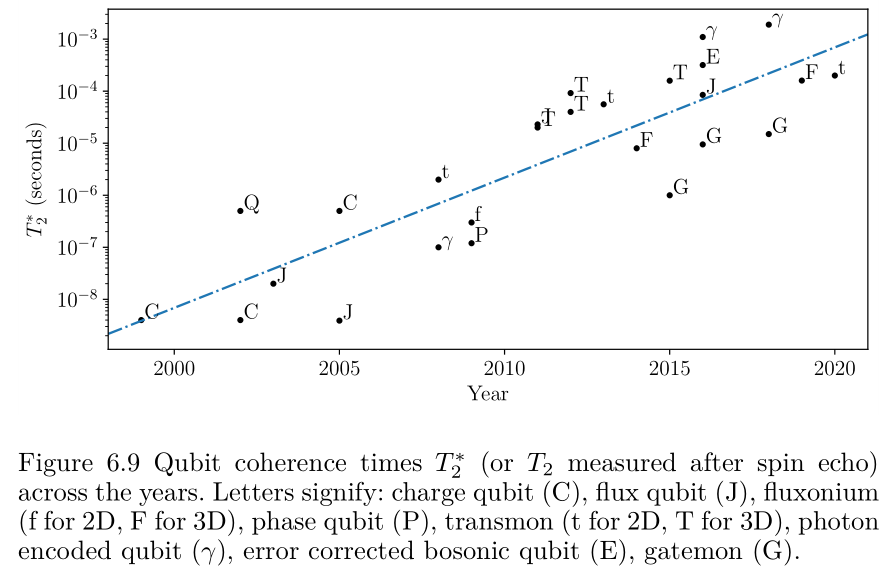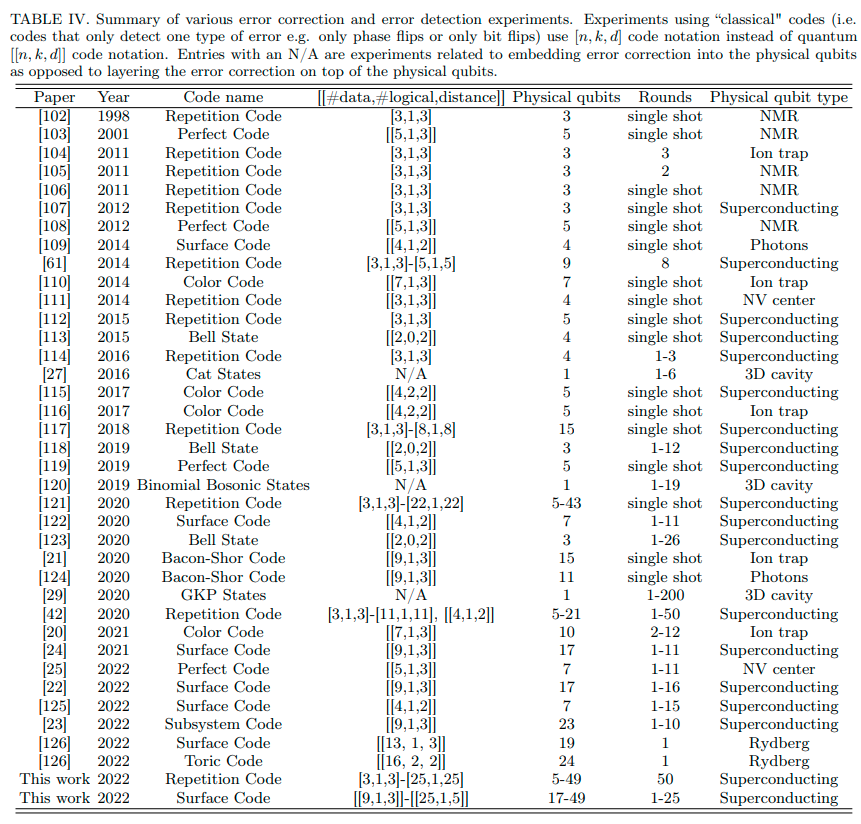Please excuse the broad nature of the question. I am interested in understanding recent developments by various hardware companies and their approaches towards quantum error correction.
My knowledge right now is fragmented and I see a lot of papers/blogs/press releases by Google, IBM, QuEra, Alice&Bob around hardware improvements that claim to bring quantum error correction and fault-tolerant quantum computing within reach in the next decade or so.
Assuming this not just hype, is there a good resource/review paper to get an overview of what has changed recently that has made fault-tolerant quantum computing more realistic than before? Do we have better error correction codes or better qubits or something else that allowed multiple companies to achieve this feat?


